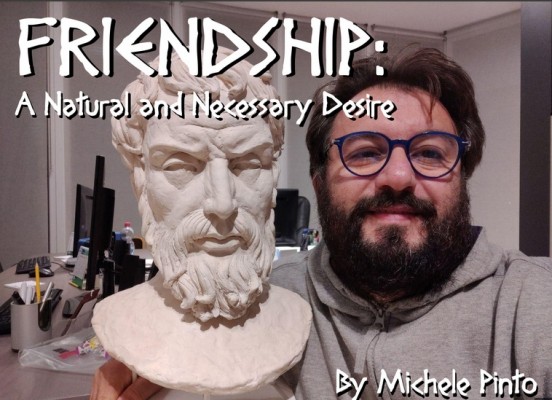Principle Doctrine 27:
| 27. | Of all the things that wisdom provides for the complete happiness of one's entire life, by far the greatest is friendship. |
Principle Doctrine 27 is very important for a happy life. Modern life is busy with work and family, and yet we all still need friends. So it is very important to take the time and put the effort into making friends and maintaining friendships. Some people might be satisfied with the number and kind of friendships in their lives, but others (like myself) could put some work into making more friends.
And for any of us who are not currently in any kind of romantic relationship, (and maybe not even dating), it takes a lot of friends to make up for not having a romantic partner or a life partner.
Friendships can be challenging for some, especially for introverts. And the covid shutdowns, covid restrictions and restructuring, and continued mask mandates have had a big impact on socializing and making new friends. So this thread is a bit of an "antidote" for anyone who feels lonely, or who wishes to have more friends in their life.
I want to have this thread running for anyone who wants to say 'hi'... or drop in here for giving or receiving friendship support.
So for anyone who feels the desire to make more friends, and improve their friendships. I will post helpful tips, and feel free to share any of your own tips as well. ![]()


